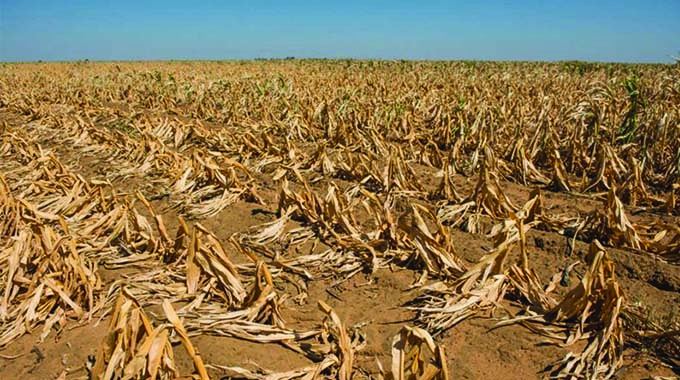European Union pledges US$150bn for Africa renewable energy projects

Leonard Ncube, [email protected]
THE European Union has pledged to channel US$150 billion in funding support for renewable energy transition projects in Africa out of a US$300 billion global package.
EU Ambassador to Zimbabwe, Mr Jobst Von Kirchman, made the announcement at the 5th International Renewable Energy Conference Expo 2024, which ended in Victoria Falls on Friday.
Speaking to journalists, Amb Kirchman said the EU was committed to climate change mitigation and zero emissions as he invited the private sector to invest in energy transition to bridge the funding gap as many countries cannot access sovereign loans because of debt.
“If you look at the National Development Strategy 1 it talks about transition to renewable energy. It’s similar to us European Union and we have committed ourselves to reduction of emissions to 43 percent by 2030 and zero emission by 2050,” he said.
“We also like to support energy transition to renewable in other countries and I as Ambassador to Zimbabwe would like to do that with Zimbabwe. Approaches are different but we have committed ourselves to a sustainable use of resources and put our funds into sustainable renewable energy.
“We have set up a project, which is called Global Gateway, a huge project where we have put US$300 billion worldwide, for Africa it is US$150 billion.”
The EU top official said his bloc’s commitment seeks to focus on sustainability and sustainable infrastructure, primarily focusing on climate, energy and transition to renewable energy.
He said there are three ways in which renewable energy can be leveraged.
These include helping companies with projects and Governments to get legislation and also giving out loans.
The EU had already set up a loan facility that is also available in Zimbabwe through banks.
Amb Kirchman said the EU already has a similar project at the Kariba Dam where the bloc is the biggest funder of the dam’s rehabilitation. Kariba, with the potential to make 72 percent of electricity in Zimbabwe from its installed capacity of 1 050MW, its current generation is about 200MW on average due to the impact of climate change that has seen water levels continuously decrease.
There are engagements to install a floating solar system at the country’s biggest man-made lake.
Just like many African countries, Zimbabwe suffers from international debt that makes it difficult to access sovereign funds. The situation has been worsened by the continued imposition of sanctions on Zimbabwe by America and its Western allies.
“Zimbabwe is in arrears and I have commended the Government for putting a motion to remove these arrears. That is a good process because in the long run that will help the Government to get access to sovereign lending meaning all financiers around the world will be able to give sovereign loans to the Government, which is not possible right now,” said the EU Ambassador.
“So, right now to bridge that gap we focus on the private sector and we are also inviting the private sector to come up with transformative projects in renewable energy,” he said.
During the high-level conference, the Government also invited more investors into the energy sector as it seeks to widen its scope and ensure energy security by building new capacity and partnering with private sector players, especially in renewable energy.
Vice-President Dr Constantino Chiwenga officially opened the conference on behalf of President Mnangagwa on Friday.
The event is an annual programme to chat about the way forward, especially concerning financing, transition, technology and storage of energy.
The conference ran under the theme: “Building a sustainable energy future.”












Comments